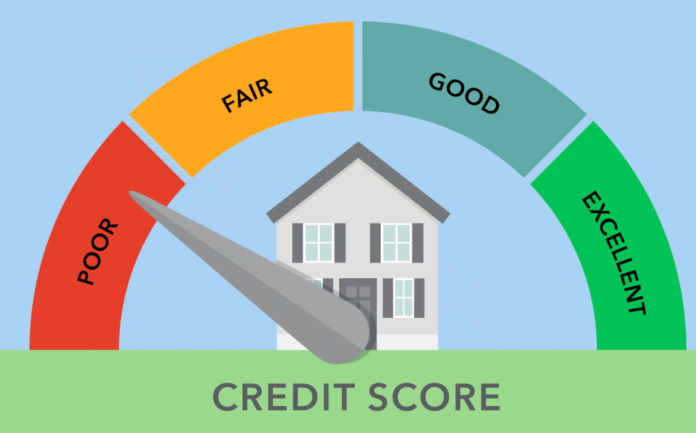A credit rating is a numerical rating that helps lending institutions and banking firms to assess if you’re financial risk and your qualification for a loan, it can either be for a small loan or a large one. That being said, your credit score is simply a level that expresses your creditworthiness. If you’re searching for the perfect credit guide, this could be the one for you.
Credit Ratings In The UK
This applies to a method in which banking firms assess the creditworthiness of someone who needs to borrow a loan. The three main credit reporting services (CRAs) are TransUnion, Experian, and Equifax. Equifax and Experian use the FICO score system.

Credit Reports In The UK
A credit history is considered to hold cumulative data from your complete credit history. Credit reports shall include the following
- Personal information
- Searches for credit
- Payment due
- Missed or overdue payments
- Details on financial matters
- Data on the applicant in public registers
Advantages Of Credit Rating
There are several advantages of credit scoring, especially for lenders.
Here are some of the advantages of having a good credit score
- If the applicant has a significant credit record, the lending institutions may be confident that the money they loan is in good hands. Higher credit score is an indicator of the timeliness and willingness of the applicant to pay back the loan they borrow.
- With loads of borrowers in the UK, it is not realistic to spend a lot of time assessing the financial habits of each applicant. Credit scores make this step simpler. Because external entities specialized in this examination of their credit histories do that particular job, lending institutions feel confident and secure accepting applications for loans.
- As mentioned above, credit scores give financial institutions an indication of the credit-worthiness and background of the applicant, making it easy to determine who receives the loan and who does not receive it in a very short amount of time.
- The credit scoring system is easy to comprehend for almost everyone, which of course makes it an interesting system to implement.
Credit Scores: Importance
Both credit ratings and credit scores are utilized to determine the creditworthiness. Although credit scores are numbers used by various CRAs and credit ratings are grades, both essentially tell the financial institution of whether you’re a financial risk or not.
If you have an impressive credit record, you will have no trouble obtaining the best loan offers at the most attractive interest rates. Although if you catch yourself at the other side of the credit rating scale, you’re going to have to sort out how to build credit. Credit scores are used by lenders to determine whether or not to approve loans or credit cards. However they may also do this for numerous different investments such as cars, mortgages, utility expenses, and so on.
There are various forms of loans for different purposes. In consideration of the requirement for all the various forms of loan, lending institutions have to follow the credit score system in order to approve loans to qualified candidates.
Improving Your Credit Scores
As you know, you have to improve your credit score and rating if you would like the best loan and credit offerings. Strong credit ratings and scores comes with such a variety of advantages, including:
- Reduction of interest rates
- Greater Limit of Credit
- Extra advantages
There are a several measures that you can take up to boost your credit rating:
- Applications for loans or loans may also be made within a short amount of time. It can lead lending institutions to think that you’re desperate for a loan that doesn’t reflect well on your credit rating. Be sure to decrease the amount of times you request for a loan.
- If you’ve a lot of unused accounts, the lending institution will presume if you’re unable to manage huge amounts of money and prompt repayments and therefore may refuse your request for a loan.
- Paying your loan back on a regular basis is one of the most effective ways through which you can improve your credit scores. Try to pay off your loan as soon as possible, that way you will pay a relatively lesser APR. Furthermore, when you pay off your loan well before the given deadline, taking out loans in the future will be much easier because the lenders will not see you as a risk.
- Borrowing what you can pay back is probably one of the most important rules that people must bear in mind when they’re taking out a loan. If you borrow more than what you can afford then you will get yourself wound up in debt. To avoid that, you should ensure that you only acquire loans that you know you can pay off in time.
- Here’s yet another thing you’re supposed to avoid. It’s a terrible idea to make minimum payments each month. Preferably, you must pay as much as you can to minimize the total principal sum and any related costs associated with the loan.
These are some of the things you should make sure you keep in mind when you need a loan, it is important to have good credit scores, having poor credit scores may land you in trouble when you’re paying your loans back. You can also try asking for advice from finance professionals about credit monitor.
But the main thing to remember is that you should always keep the option of taking loans as the last option, take out a loan only when you absolutely need it.


